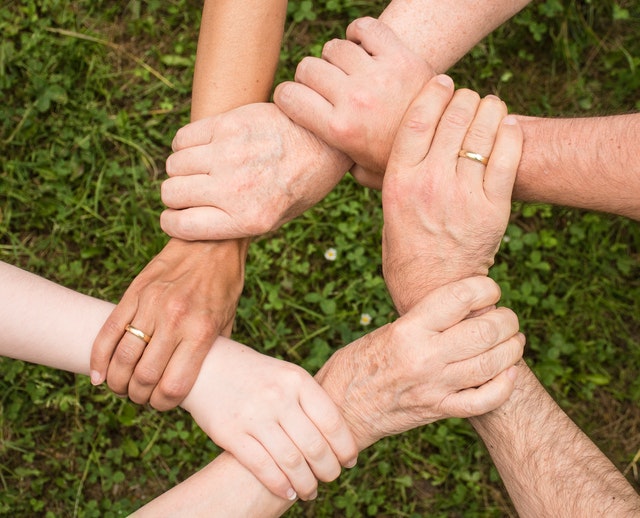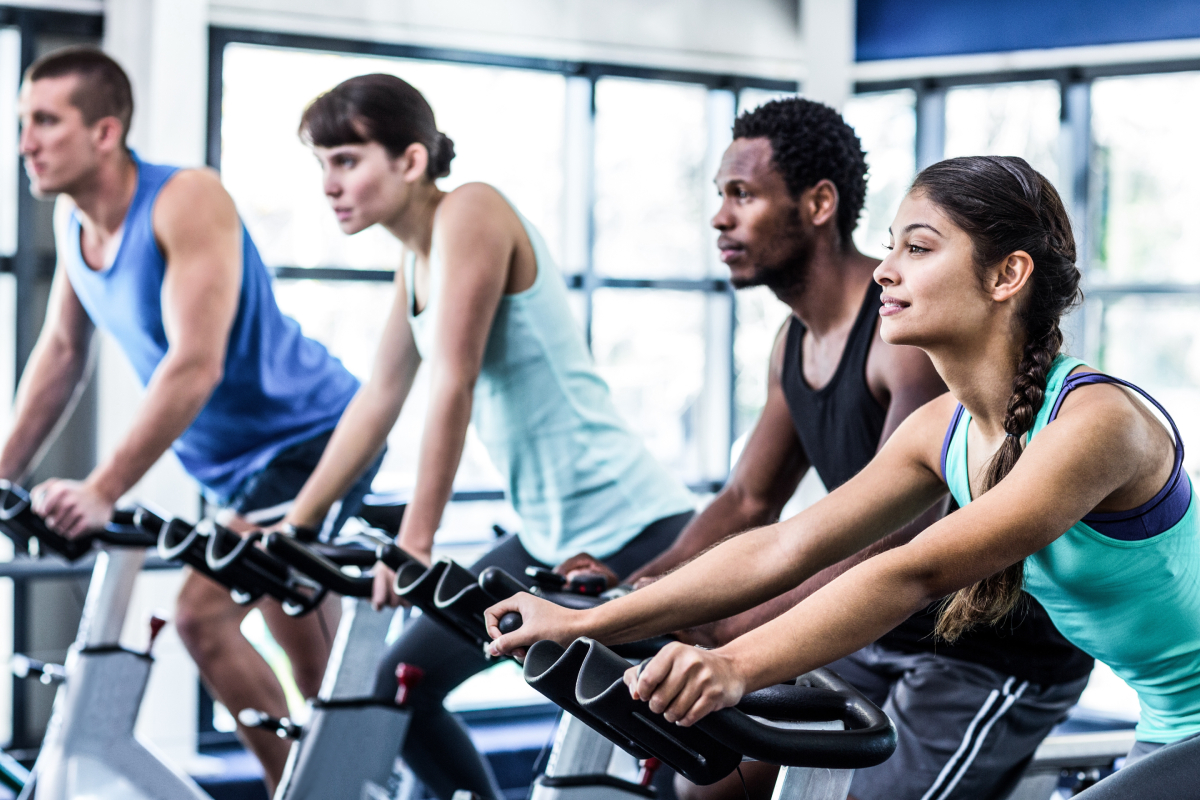In the bustling modern world, finding a balance between the demands of daily life and personal well-being can be challenging. At YMCA Whittier, Pilates emerges as a powerful tool in this quest for equilibrium, offering a unique blend of physical exercise and mental conditioning. This practice goes beyond mere fitness; it’s a pathway to achieving mind-body harmony, an essential aspect of holistic health.
Physical Benefits: A Foundation for Mental Well-being
Pilates at YMCA Whittier is renowned for its physical benefits, including improved flexibility, increased muscle strength, and enhanced core stability. These physical improvements lay the groundwork for mental and emotional benefits. A strong, flexible body can withstand the stresses of daily life, reducing the physical manifestations of stress such as tension headaches and muscular stiffness. As participants notice improvements in their physical capabilities, they often experience a boost in self-esteem and body image, contributing to overall mental well-being.
Mindfulness in Motion
Pilates is often described as mindfulness in motion. This practice requires concentration and focus as participants align their breathing with their movements. This mindful approach to exercise helps individuals to tune into their bodies, fostering a heightened sense of body awareness. This awareness is not just about physical sensations but also about recognizing and regulating emotions. The deliberate, controlled movements in Pilates encourage a state of mental clarity, allowing practitioners to become more attuned to their emotional states.
Stress Reduction and Relaxation
One of the most significant mental benefits of Pilates is its ability to reduce stress and promote relaxation. The emphasis on deep, controlled breathing is a natural stress reliever, helping to calm the mind and reduce anxiety. In today’s fast-paced world, where stress is a common ailment, the ability to find relaxation through exercise is invaluable. Many participants report feeling more relaxed and less anxious after a Pilates session, carrying these feelings of calmness into their daily lives.
Improved Focus and Mental Acuity
Regular Pilates practice at YMCA Whittier also enhances focus and mental acuity. The need for concentration during Pilates helps to sharpen the mind, improving cognitive functions such as attention and memory. This mental sharpness is beneficial not only during the workouts but also in other areas of life, such as work and personal relationships. Participants often find that they are better able to concentrate and stay focused on tasks after incorporating Pilates into their routine.
Emotional Resilience and Coping Skills
Engaging in Pilates also builds emotional resilience. The discipline required to maintain regular practice, along with the challenges of mastering new movements, helps individuals develop coping skills that are applicable in various life situations. Overcoming challenges in Pilates classes can empower participants, giving them the confidence to face life’s obstacles with a more positive and resilient mindset.
Community and Support
Finally, the communal aspect of Pilates classes at YMCA Whittier plays a significant role in mental and emotional well-being. Being part of a supportive community where everyone is working towards common goals of health and balance fosters a sense of belonging and connectedness. This social aspect of Pilates can be particularly beneficial for mental health, providing a supportive network and a sense of camaraderie.
Conclusion
In conclusion, Pilates at YMCA Whittier is more than just a physical workout; it’s a comprehensive approach to achieving mind-body harmony. Through its combination of physical exercise, mindfulness, and community support, Pilates offers a pathway to not only physical fitness but also mental and emotional well-being. It stands as a testament to the power of balanced exercise in nurturing overall health and happiness



